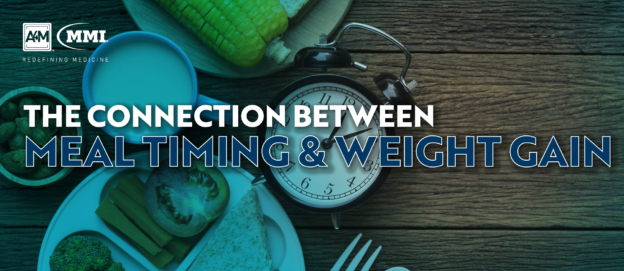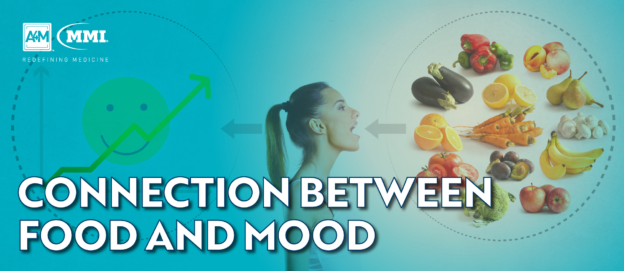An extensive body of research throughout the past decade indicates that exercise may be an effective treatment for depression, and could potentially act as a preventive measure against depression. Outcomes from research, and a 2016 pool of studies involving over one million men and women, strongly suggest that regular exercise can not only alter our bodies, but also transform the brain so that the resistance to despair & depression is heightened and increased.
For many years, scientists have investigated the correlation between physical activity and mental health. While it has long been understood that exercise alters the body, how physical activity affects emotional health is less clear: some randomized controlled trials have found that exercise programs ease symptoms in people with major depression.
A group of global researchers in public health, however, has worked to further support the case for exercise as a treatment for–and preventive measure against–depression. For the newer analyses, they initially gathered all of the most recent and most well-designed studies surrounding depression and exercise. The ‘most innovative’ of the new studies, published in 2016 in Preventive Medicine, focused on whether exercise could help to prevent the development of depression.
Due to the frequent unreliability of how we report our exercise and workouts, the researchers solely utilized past studies that had “objectively measured participants’ aerobic fitness,” which will rise or fall depending on whether and how much someone exercises. Other parameters for the study included a measurement of participants’ mental health, at both the initial outset and conclusion of the study, coupled with follow-up time of at least a year.
The researchers found several large-scale past studies that met their criteria, which collectively contained data on more than 1,140,000 adult men and women. Among these million-plus people, the links between mental health and fitness was fairly strong. When the researchers divided the group into thirds, based on their respective aerobic fitness, those men and women with the lowest fitness were about 75 percent more likely to have been given diagnoses of depression than the people with the greatest fitness. The men and women in the middle third were almost 25 percent more likely to develop depression than those who were the most fit.
In a separate study (some of the scientists were involved in each of the reviews), researchers looked at whether exercise might be useful as a treatment for depression. In that analysis, which was published in Journal of Psychiatric Research in June 2016, they pooled data from 25 past studies in which people with clinically diagnosed depression began some type of exercise program. The pooled results demonstrated that exercise, specifically a moderately strenuous workout such as brisk walking or jogging, has a “large and significant effect” against depression. People’s mental health tended to improve considerably if they were physically active. The final review further clarifies reasons as to why this may be true. Published in Neuroscience & Biobehavioral Reviews in February 2016, it sought to understand what happens to the body during and after exercise that might impact and enhance mood. The researchers analyzed 20 previous studies, all of which included results from blood samples from people with major depression before and after they had exercised. Overall, the findings in the samples indicated that exercise “significantly reduced various markers of inflammation and increased levels of a number of different hormones and other biochemicals that are thought to contribute to brain health.”
As reported in The New York Times, Felipe Barreto Schuch, an exercise scientist at the Centro Universitário La Salle in Canoas, Brazil and primary author on all of the reviews, confirms that the studies provide a strong case regarding the link between exercise and mental health. While further experiments are needed to specify the types and amounts of exercise, Dr. Schuch stated that “the main message” of the reviews “is that people need to be active to improve their mental health.”
SOURCES
https://www.theatlantic.com/health/archive/2014/03/for-depression-prescribing-exercise-before-medication/284587/
https://www.mayoclinic.org/diseases-conditions/depression/in-depth/depression-and-exercise/art-20046495
https://www.ncbi.nlm.nih.gov/pmc/articles/PMC474733/


